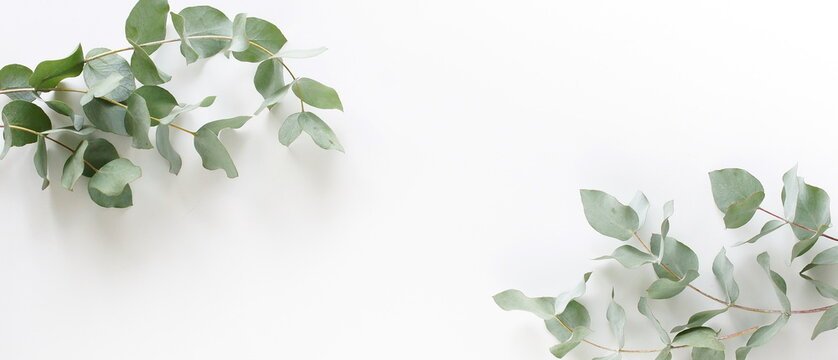
Staying Strong in the City: Building protective factors for Aboriginal men
Narungga man Robert hasn’t looked back since joining the Flinders Wellbeing Centre Men’s Group.
Robert, alongside friends Sue Bertossa, Michael Collard and Jason Walker from the Flinders Wellbeing Centre, started the men’s shed.
It’s a project close to his heart, bringing together Aboriginal men looking for help and support.
"We are all connected [by what] we’ve gone through, we’ve created a family at the men’s shed."
“Many of these people don’t have family, their parents have passed, and because they’ve used drugs, people have turned their backs. These are people who genuinely want to change,” said Robert.
Strong friendship, strong support
Staff from the Flinders Wellbeing Centre frequently visited Robert while he was incarcerated. He had never had people like them to support him and they soon became the most important people in Robert’s life.
When Robert was released on parole, he was seeking a support structure to assist him in abstaining from alcohol and other drugs. He attended a networking group in Port Adelaide.
It was a great first step, but it wasn’t the support he was looking for as most of the group were women. Robert explains that some Aboriginal men feel shy around women, and he didn’t feel as though he had the opportunity to connect meaningfully with other men through the group.
When Robert expressed his concerns to friend Sue, they together crafted the men’s shed idea.
The activity gained traction and was included in the Staying Strong in the City Local Drug Action Team Community Action Plan, supported by the Alcohol and Drug Foundation.

Learning from each other
Robert and the FWC team worked together to recruit Aboriginal men to attend who were genuinely seeking help and support from others.
Robert explained that it was particularly important to find men who could learn from each other. Their stories about their own journey motivated and inspired others in the group.
“It’s hard because of where you’ve come from, when you get out of jail you have no support, it’s tough to get back on your feet. The biggest advantage to the men’s shed is the support network that it’s created for those involved,” said Robert.
To begin, eight men attended the men’s shed at the Flinders Wellbeing Centre. The majority of those men are now employed and aren’t using alcohol or other drugs.
This men’s shed has changed the participants’ life for the better. Within the group they feel confident, comfortable and can overcome anxiety. Robert describes the men’s shed as a positive place and an ideal protective factor for these men.
And of course, Robert and the other men appreciate the vital support from Sue and the other staff at the Wellbeing Centre.
“Sue helps the men who attend with other aspects [of life] - whether it be information on drug and alcohol prevention, housing, employment, or financial assistance. She’s a beautiful person, one of the best women I’ve ever met,” said Robert.
Next steps
The Men’s Group has achieved a lot – but there’s no sign of slowing down yet.
Robert is exploring opportunities with the Aboriginal Sobriety Group to connect in more men. He’s working to expand the shed’s current activities to provide the men with more positive experiences that they can look forward to.
Robert explains there is a dire need to create sustainable support structures amongst parents and caregivers, tailored to the needs of this community.
"We’ve received interest from other people in the community, who have now heard about the program and would like to participate in future programs."
Partners of this project from the Staying Strong in the City Local Drug Action Team are Flinders Wellbeing Centre, Iwiri Aboriginal Corporation, Aboriginal Sobriety Group and Flinders University.

